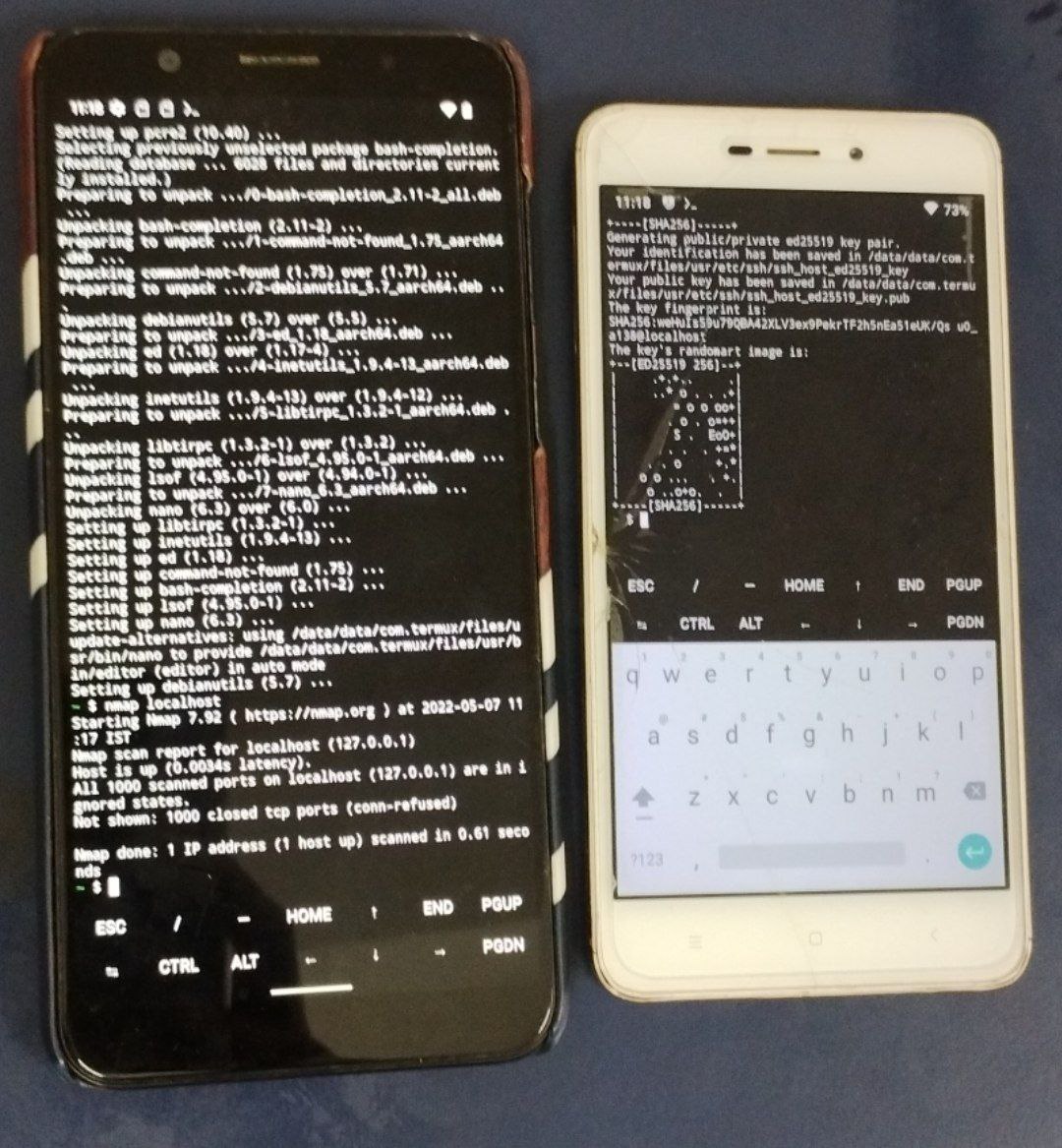FOSS Contributor and evangelist. GSoC '21 @ KDE. SDE@PearTree. Contributing upstream to Phosh(GNOME).
Accepted Talks:
Forming a SSH Cluster using old smartphones (Mobian and other OSes) - Sustainable Computing
As of 2019, the average global e-waste generated per capita was 7.3 kilograms. E-waste has been a significant problem in recent years and will continue to grow. Modern-day smartphones have much higher computing power than the previous generation of hand-held devices.

I implemented a small feasibility study as a part of my final year project showing that Android systems today are PC-like enough after forming SSH clusters so that it is easily possible to deploy standard tools and mechanisms from the stationary computing world to distribute computational tasks successfully.
 We followed a Level-Oriented Design: a top-down process Design by composition: modeling the problem, building up, and extending the solution by adding additional things. We tried to approach this by flashing 3rd party firmware and software. MPI was used to perform parallel computing operations.
We followed a Level-Oriented Design: a top-down process Design by composition: modeling the problem, building up, and extending the solution by adding additional things. We tried to approach this by flashing 3rd party firmware and software. MPI was used to perform parallel computing operations.
Since this is a heterogenous cluster we used multiple OSes like Mobian(Debian on mobile) and PostMarketOS.
Is there a scope for this solution to extend to real-life use cases? What challenges do we face here? How is FOSS helping me work in this feasibility study? I would interact with fellow technocrats, diving into these questions.
Localization of Mobile Linux
Linux for mobile is drawing much interest thanks to projects like Mobian, Phosh etc. As with any other open source project, to make a software more comfortable for the users, we have to make it adapt to their environment.
Localization and internalization is one of the primary tasks in the regard that lets users feel more comfortable with a software. In this BoF, we would like to give an introduction to the mobile ecosystem of Linux and how users can help us in localizing it to their favorite language.
We also wish to talk about incorporation of Indian languages in the mobile Linux projects, their current status and the specific areas that need help from the diverse Indian Linux community.
Our talk will also cover about libvarnam [1], an open source, cross platform transliterator for Indian languages. The need for libvarnam is to improve the user experience for users who don’t have the keyboard for their respective language.